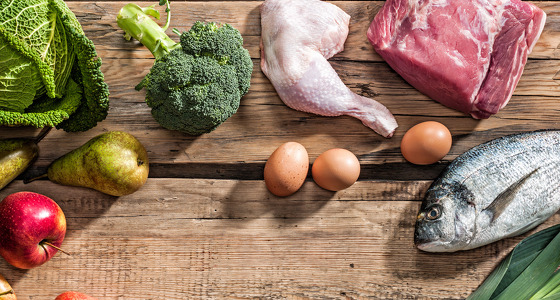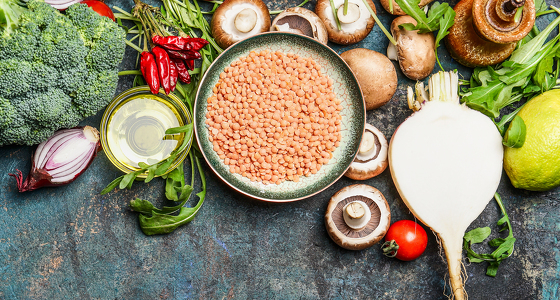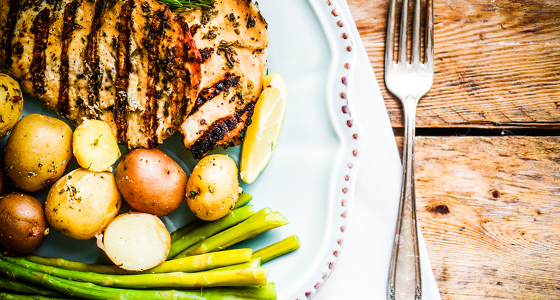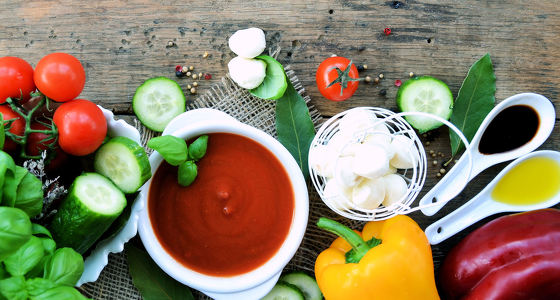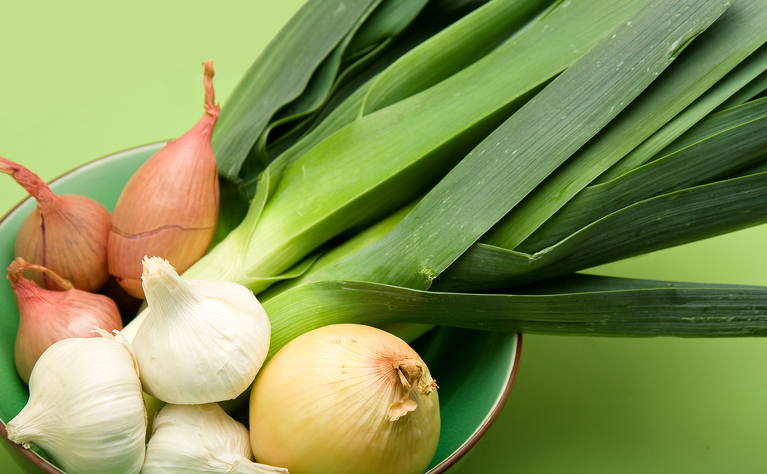
FODMAP stands for Fermentable Oligosaccharides, Disaccharides, Monosaccharides and Polyols.
FODMAPs are sugars found in certain carbohydrates and alcohols that are poorly absorbed by the body. When they aren’t absorbed properly they ferment in the intestines, releasing gas which can then cause bloating, wind, pain and sometimes loose stools or diarrhoea.
The concept behind the FODMAP diet is that by avoiding, or significantly reducing, these difficult to digest sugars you should reduce the amount of gas you are producing.
A FODMAP diet should be done under the guidance of a trained dietician.
The general idea is to avoid restrict eating foods high in FODMAPs for 6-8 weeks (or until symptoms are better controlled) and then to re-introduce small amounts of high FODMAP foods as advised to reach a level than can be tolerated by the person.
High FODMAP foods include:
Evidence has been found to show that a low FODMAP diet helps to relieve symptoms of irritable bowel syndrome (IBS)1 but there is currently no evidence to suggest that it works for people with inflammatory bowel disease (IBD), although some people with IBD do find it helpful in controlling some of their symptoms.
